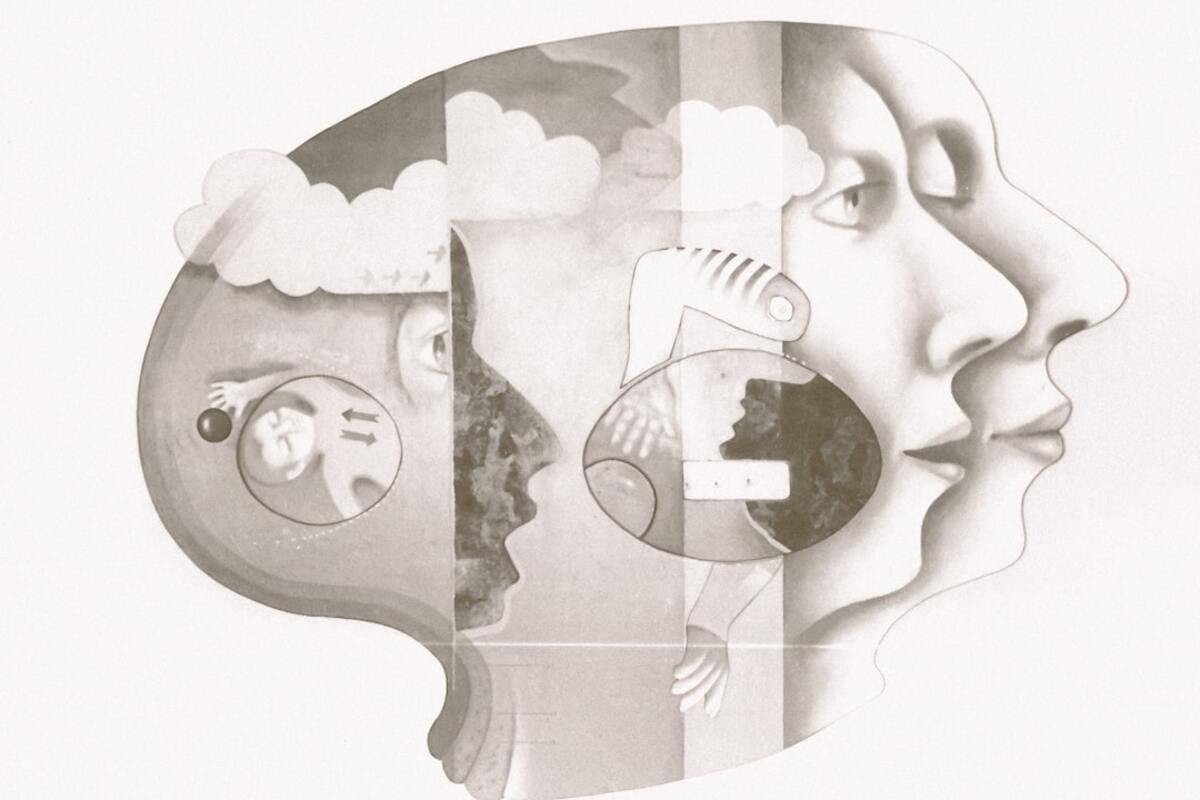Embracing the Beginner's Mind: The Art of Seeing with Fresh Eyes
Explore how adopting a beginner's mindset can unleash creativity, foster learning, and cultivate resilience in an ever-evolving world.

- Adopting a beginner's mindset encourages curiosity and open-mindedness.
- It helps in overcoming fear of failure and embracing mistakes as learning opportunities.
- A fresh perspective enhances creativity and problem-solving abilities.
In a world where expertise and experience are often revered, the concept of a "beginner's mind" might seem counterintuitive. Yet, this mindset can be a powerful tool for personal growth, innovation, and adaptability. Originating from Zen Buddhism, the beginner's mind, or 'shoshin,' encourages us to approach life with the openness and eagerness of a novice, regardless of our skill level or experience.
Understanding Shoshin: The Beginner's Mind
Shoshin is about maintaining an attitude of openness, curiosity, and lack of preconceptions, much like a child exploring the world for the first time. This mindset allows us to look at problems and challenges from a fresh perspective, opening the door to innovative solutions and insights. It is the antithesis of the expert mind, which can be constrained by past experiences and established patterns of thinking.
Benefits of a Beginner's Mind
- Curiosity and Learning: With a beginner's mind, you are more inclined to ask questions and explore new possibilities without fear of judgment. This curiosity fosters continuous learning and personal growth.
- Resilience and Adaptability: When you view challenges with an open mind, setbacks become opportunities for learning rather than failures. This resilience makes it easier to adapt in a rapidly changing world.
- Creativity and Innovation: By shedding the constraints of expertise, you can think outside the box and come up with creative solutions that might be overlooked by a more experienced mind.
Practical Steps to Cultivate a Beginner's Mind
Embracing a beginner's mindset requires conscious effort and practice, but the rewards are well worth it. Here are some strategies to help you cultivate this mindset:
- Embrace Uncertainty: Welcome the unknown as a space for discovery. Approach new situations with the understanding that not knowing is the first step to learning.
- Let Go of Preconceptions: Challenge your assumptions and be open to new experiences and perspectives, even if they contradict your prior knowledge.
- Ask Questions: Cultivate a sense of wonder by asking questions that might seem simple or naive. This habit can unlock new insights and deepen your understanding.
- Mindful Practice: Incorporate mindfulness exercises such as meditation or journaling to become more aware of your thought patterns and to practice staying present.
- Learn Something New: Engage in activities outside your comfort zone to reinforce the habit of learning and adaptation.
By adopting a beginner's mindset, you create a fertile ground for growth and innovation. This mental agility not only enhances your personal development but also prepares you for an uncertain future where adaptability and creativity are crucial.
